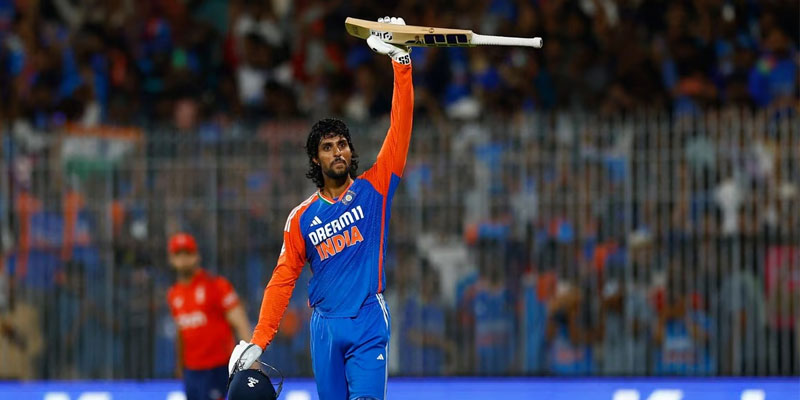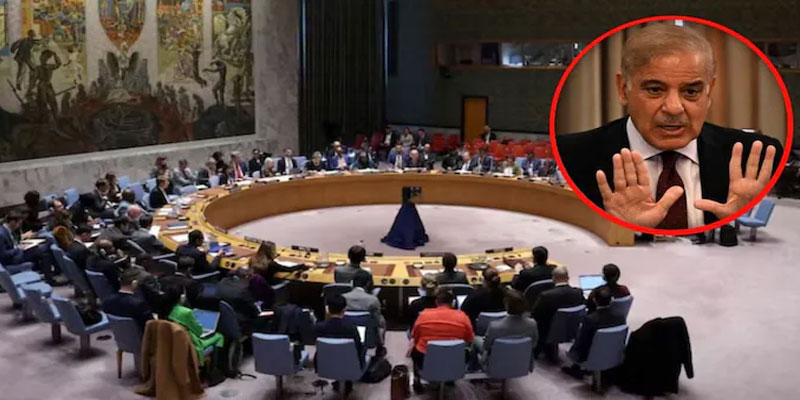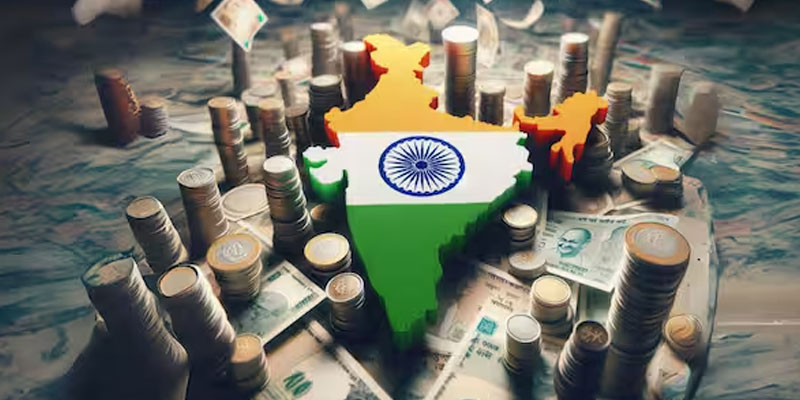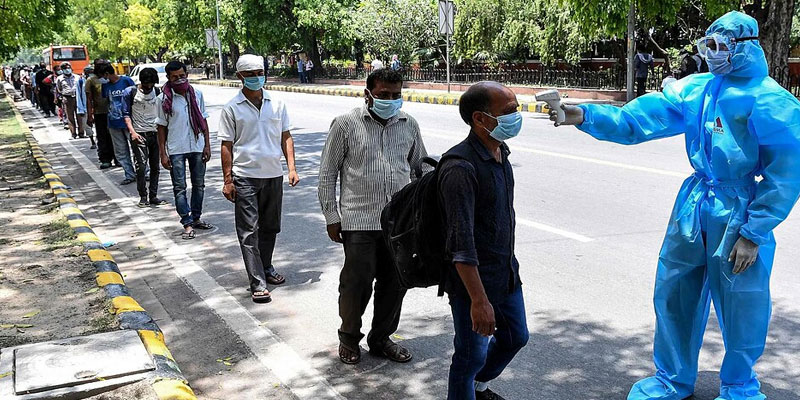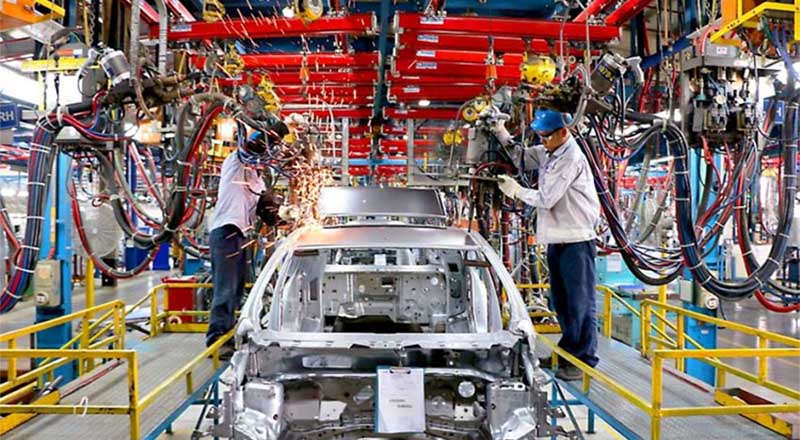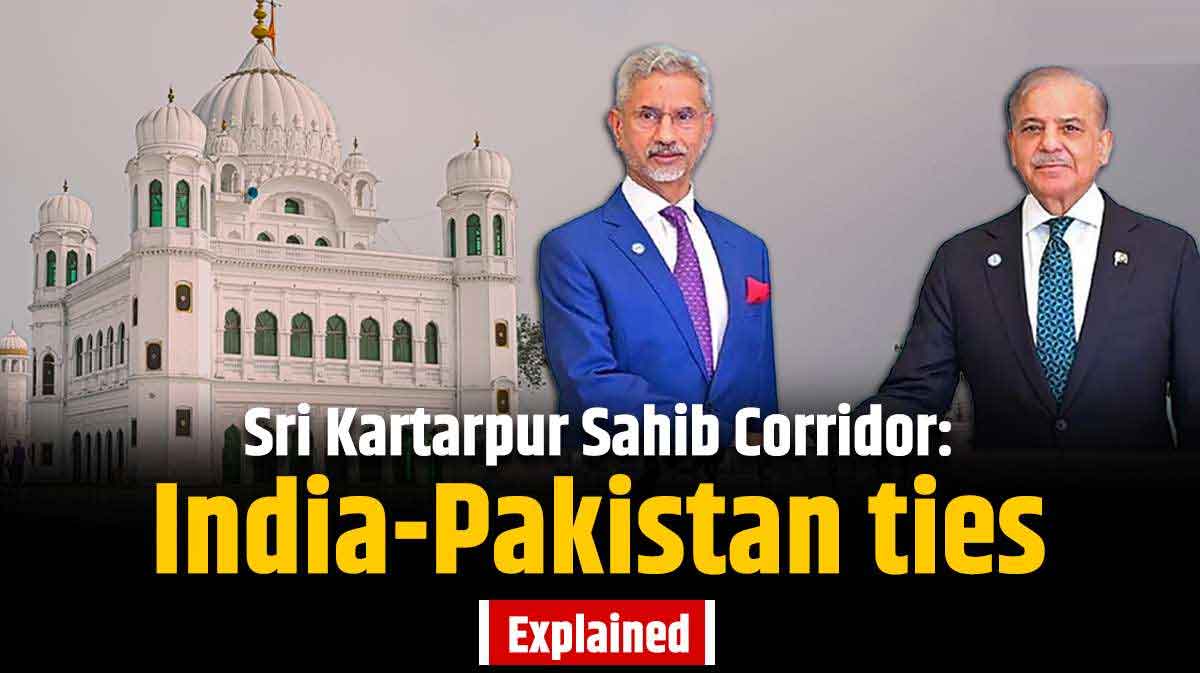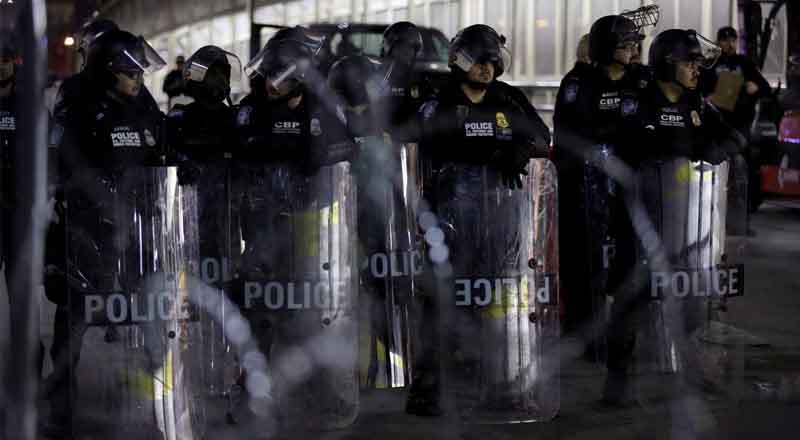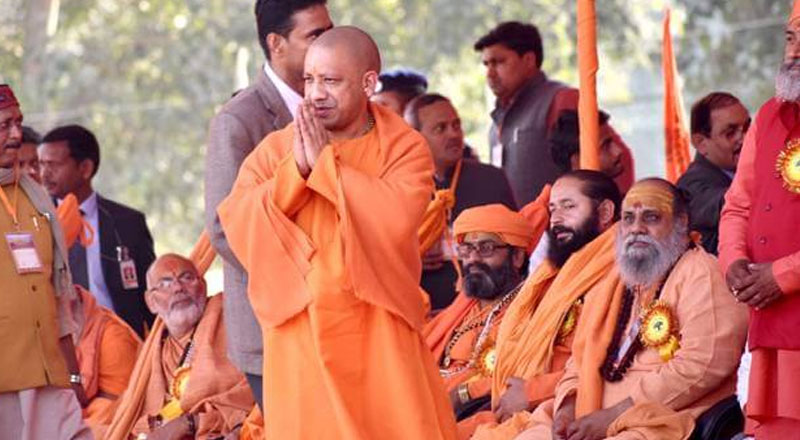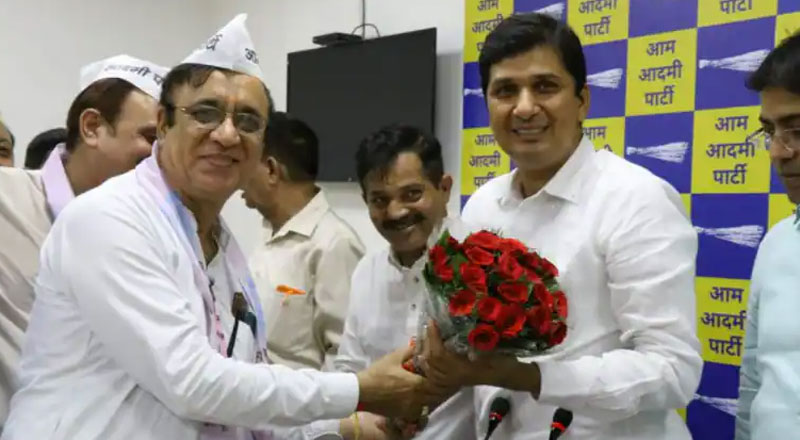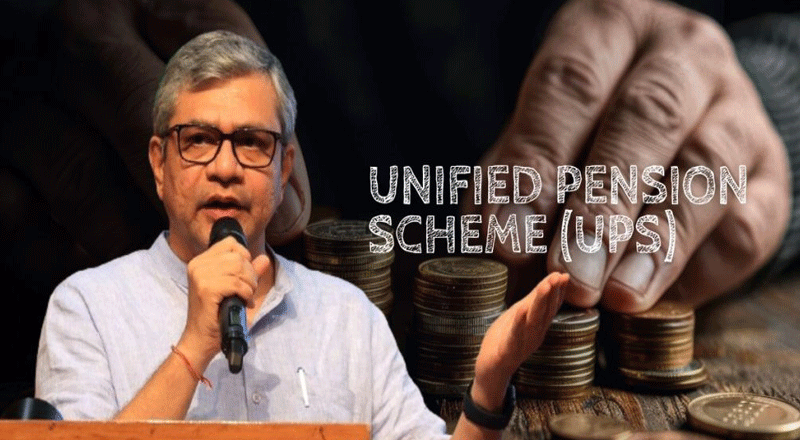Current News
Politics
Sculpting a Decade: Sudarshan Patnaik’s...
A Masterpiece in Sand: Honoring an Era Sudarshan Patnaik created the story of Modi with sand, giving an artistic identity to the Prime Minister’s 11...
Sports
Tilak Varma to Play County Cricket for H...
Young Indian batting sensation Tilak Varma is all set to make his debut in English domestic cricket as he joins Hampshire for the County Championship. The 22-ye...
View More News
Copyright © All rights reserved. The images belongs to the respective copyright holders.


